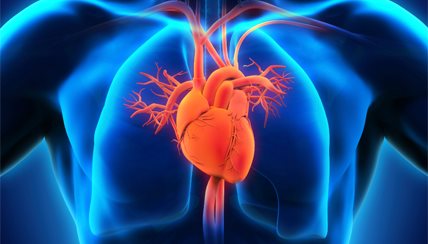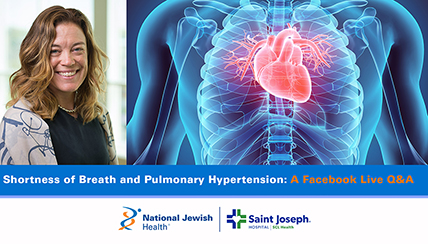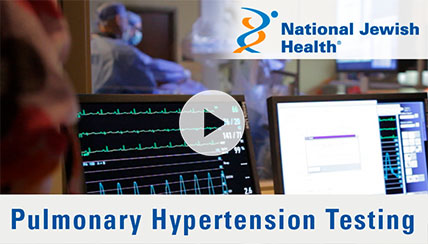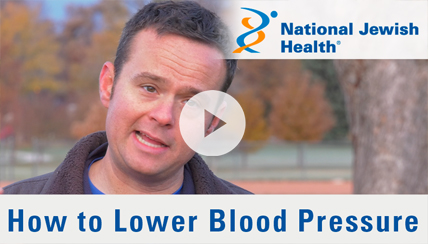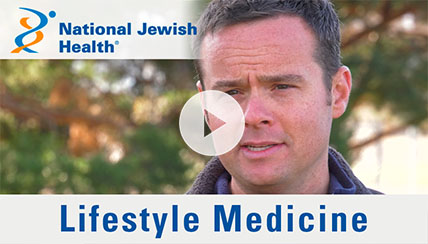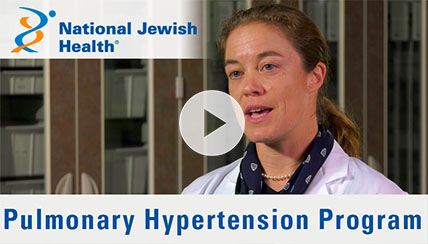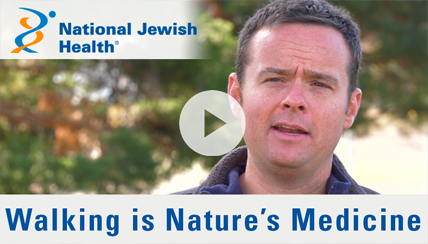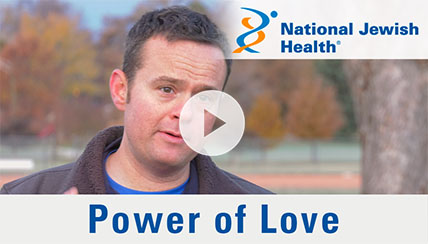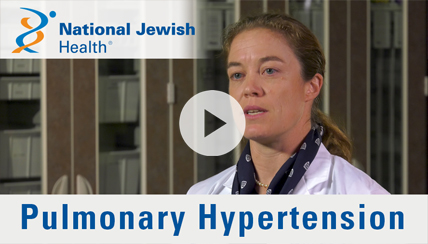Living with Pulmonary Hypertension (PH)
 Pulmonary hypertension (PH) is a kind of high blood pressure that affects the arteries in your lungs and heart. PH can make you short of breath and often looks like or accompanies other diseases of the lungs and heart such as COPD, emphysema, interstitial lung disease (ILD) or sleep apnea.
Pulmonary hypertension (PH) is a kind of high blood pressure that affects the arteries in your lungs and heart. PH can make you short of breath and often looks like or accompanies other diseases of the lungs and heart such as COPD, emphysema, interstitial lung disease (ILD) or sleep apnea.
Healthy pulmonary arteries of the lungs are elastic, whereas when PH is present, arteries stiffen and thicken leading to resistance when blood passes through vessels. People living with PH may experience shortness of breath, low oxygen levels, chest pain or pressure, near fainting or fainting, fatigue and palpitations.
There are many steps you can take to manage your disease, improve symptoms and slow the progression of the disease. Some straightforward steps include losing weight, quitting smoking and beginning an exercise routine. Depending on the underlying cause of your PH, your health care provider may also recommend medication, oxygen therapy or other treatments.
Featured Stories
Understanding Pulmonary Hypertension
When a patient comes to National Jewish Health, whether it be for pulmonary hypertension, or for another lung disease, they can expect that we are going to be dedicated to helping them understand what is the cause of their shortness of breath.
We're going to be with them every step of the way. From before they hit the door, to when they're here through the diagnosis, developing a treatment plan and educating them about their disease.
When they leave, we want them to understand their disease, and have a plan of what they can do to today, to feel better.
Pulmonary Hypertension Care at National Jewish Health
At National Jewish Health, you’ll find:
- The latest in pulmonary hypertension clinical trials
- Advanced cardiac testing for pulmonary hypertension
- A focused and integrated approach
- A therapy plan designed especially for you
- Nutrition and lifestyle advice from experts
- State-of-the art testing in one of the world’s largest pulmonary physiology labs.
Learn more about our Pulmonary Hypertension Center.










